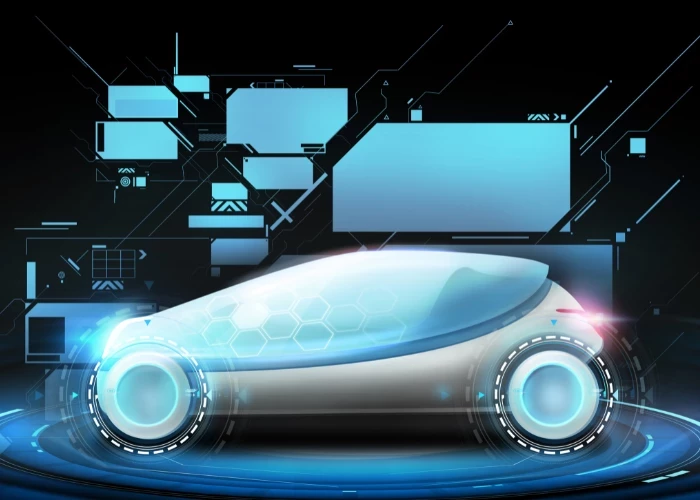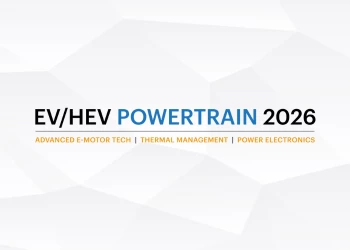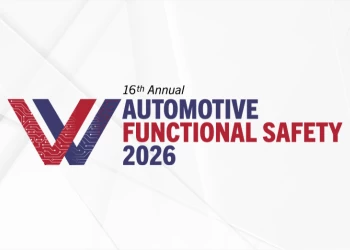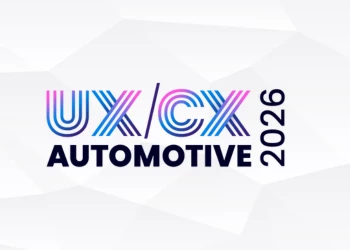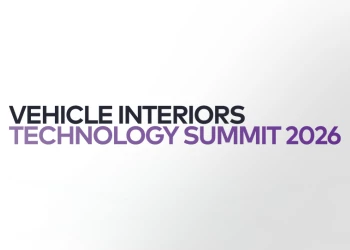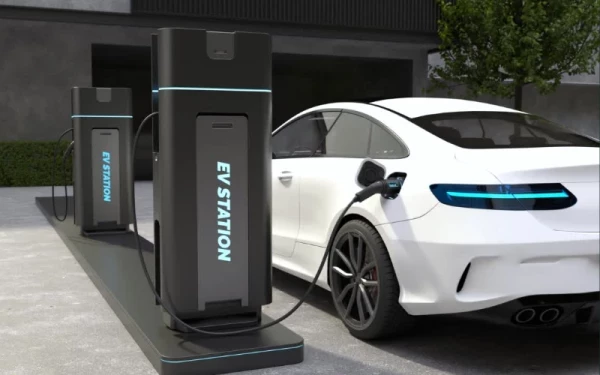Delta Energy & Environment on challenges and opportunities for EV charging infrastructure
Add bookmarkAutomotive IQ interviewed Mr. Jon Slowe, Owner, Delta Energy & Environment and discussed the current obstacles in the development of charging infrastructures, EVs customers' expectations and future opportunities for growth.
Q1. - What are the main challenges that the charging infrastructure is facing?
There's a variety of challenges one of the key ones is the return on investment and the business model. So, talking about the business model, there are many different elements of the charging infrastructure and the value chain. I expect to see more and more disaggregation along the chain, so it won't be a single company only the hold at the value chain, but many different companies focusing on different parts of the value chain. At the same time, it is possible that some companies will try and aggregate their position along the whole value chain.
Q2. – Is infrastructure growing at the same pace as the EV market?
In some cases, yes but inevitably no because predicting the speed of the EV market is very hard and infrastructure will either lag or be further ahead. What's interesting is what pace or how much infrastructure there should be to support the EV market and this is an area where there is still lots of learning going on, we see some very different ratios of EV's to charge points and no real understanding yet of what is a right ratio - or indeed if there is such a thing as a right ‘single’ ratio. There will be many factors affecting what ratio is required in different locations.
Q3. – What are the EV customer expectations in regards of the charging infrastructure?
Well I would first maybe challenge the question in that there is a single EV customer, there are many different types of EV customers. We've just finished some market research with a 1000 prospective EV buyers in the UK and from this we can segment them into 3 broad different groups, each with very distinct expectations about how they charge their electric vehicles. Now, the expectations will change over time as well, customers are never satisfied these days they always want more and more, so for example we see one group who are predominantly going to be charging at home - infact over 80% of charging in this group is likely to be at home. We see another group where lthis figure falls to less than 50%, so understanding the different customer groups and the different customer expectations will be critical. Our research is developing deeper understanding of this.
Q4. – What obstacles are present today stopping the development of a charging infrastructure?
There's a variety of obstacles. One challenge in particular I think will be around the connectivity of the charging infrastructure and in fact who has access to that or who can access that data, who can control the charging, and whether it's controlled by the car or via the charging infrastructure. It’s an obstacle of sort, but also a requirement – if we’re to manage the impact of EV charging on the grid, smart charging is a must.
Q5. - Is AC the best option for urban charging stations?
Too early to say and it would depend on what customers want (as well as developments around onboard and offboard charging in the automotive sector), so I would bring that back to the customers. This sector is full of a lot of very talented engineers, developing different charging options and that's necessary. But we need to focus intently on the customer and what the customer needs and also on the electricity system and how the electricity system can cope with all this charging. These two factors will help to dictate the answer.
Q6. – How do you see the charging network by the year 2020?
More extensive than today, much more starting to be more consolidated, and there will be a range of electro mobility service providers that don't own the infrastructure but use the infrastructure. We will see a fascinating battle for the EV customer between different players. For example will it be the oil companies dominating in the way they do with internal combustion engines, will it be utilities leveraging their electricity sector expertise, or will it be car companies, or will it be other types of companies? So in 2020 I am not going to predict which of those are going to be dominating but I think we will be seeing a big battle between them as well as a number of partnerships between the different types of companies.

